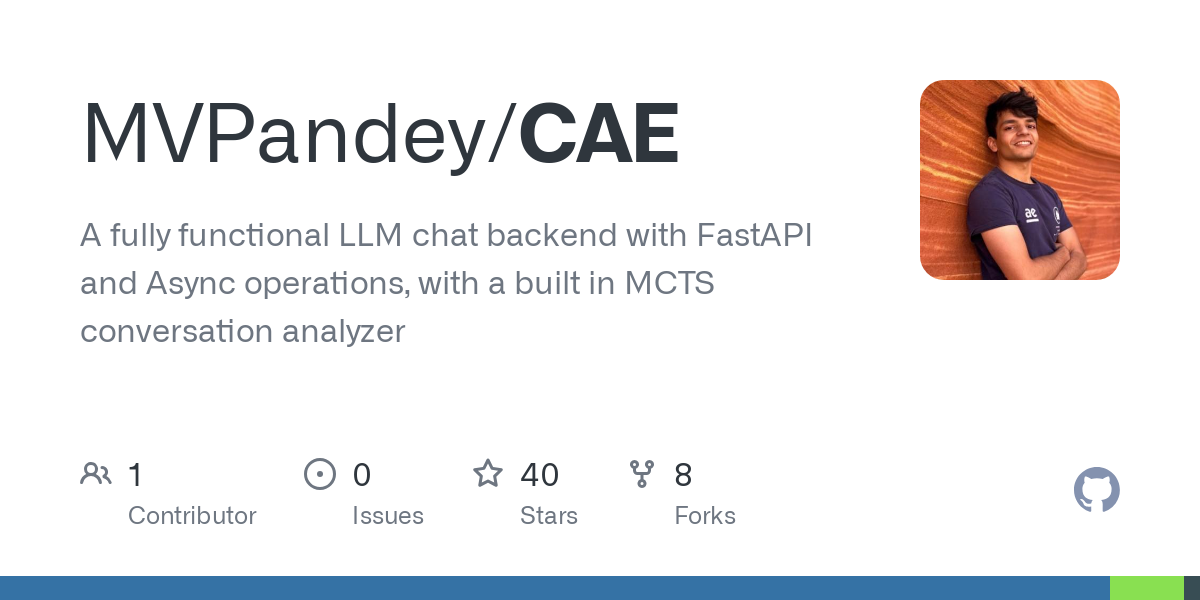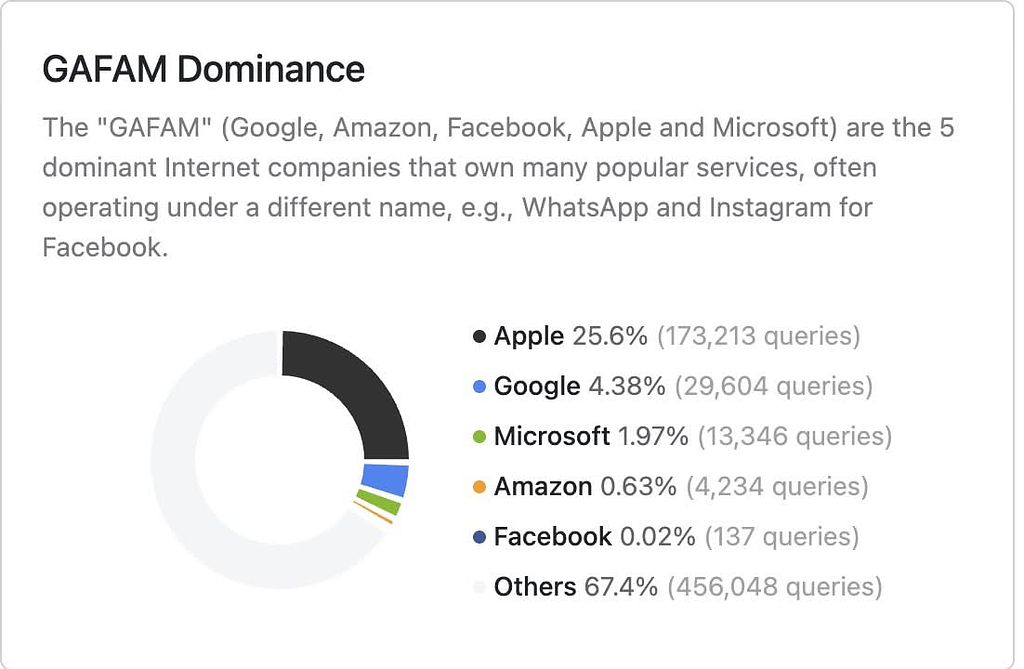Indeed, and another point to consider is that it’s highly unlikely we’d observe a civilization at our level of development. Life on Earth appears around 4.5 billion years ago. Humans start evolving around 2.8 million years ago. Use of language appears around 100,000 years ago. Writing is invented around 5500 years ago.
Inventions of language and writing are the landmark moment here. Before language was invented the only way information could be passed down from ancestors to offspring was via mutations in our DNA. If an individual learned some new idea it would be lost with them when they died. Language allowed humans to communicate ideas to future generations and start accumulating knowledge beyond what a single individual could hold in their head. Writing made this process even more efficient.
So, after millions of years of life on Earth no technological development happened. Then when language was invented humans started creating technology, and in a blink of an eye on cosmological scale we went from living in caves to visiting space in our rocket ships. It’s worth taking a moment to really appreciate just how fast our technology evolved once we were able to start accumulating knowledge using language and writing.
Now let’s take a look at how technology itself has been evolving. Once we discovered radio communication we went through a noisy period where we were leaking a lot of our broadcasts into space, and within a span of a 100 years we started using more efficient communication, and encryption. If somebody intercepted our broadcasts today they would look like noise because they’re designed to look like noise. Our society today is utterly and completely unrecognizable to somebody from even a 100 years ago. If we don’t go extinct, I imagine that in another thousand years future humans will be completely alien to us as well.
So the period during which intelligent life would be recognizable to us during its course of evolution is infinitesimally small. The time between creating language and becoming an advanced technological society is measured in thousands of years, while evolution of life is measured in millions of years. The chance of two different intelligences finding each other at exact same stage of development where they might be able to communicate is incredibly unlikely.
I would also imagine that the biological phase for intelligent life is rather short. We’re likely to develop human style AIs within a century, and they will be the ones to go out and explore the universe. Meat did not evolve to live in space, we’re adapted to gravity wells. An artificial life form could be engineered to thrive in space without ever needing to visit planets. This is the kind of life that’s most likely to be prolific in space. Furthermore, post biological intelligences would likely be running at much faster speeds than our mental processes operate on. What we consider real-time would be might we consider to be geological scales. Such beings might consider what we view as real time akin to the way we look at continental drift. We’re aware that it’s happening, but it’s of little interest to use on day to day basis. It’s quite possible that advanced civilizations become solipsistic and care little for the outside universe.
For all we know the Universe may be teeming with intelligent life and we just don’t recognize it as such. We might be like an ant hill next to a highway looking to see if there are other ant hills around.





























Burial at Sea/Hymn to the Immortal Wind by MONO https://www.youtube.com/watch?v=wEvpqR6B8ns